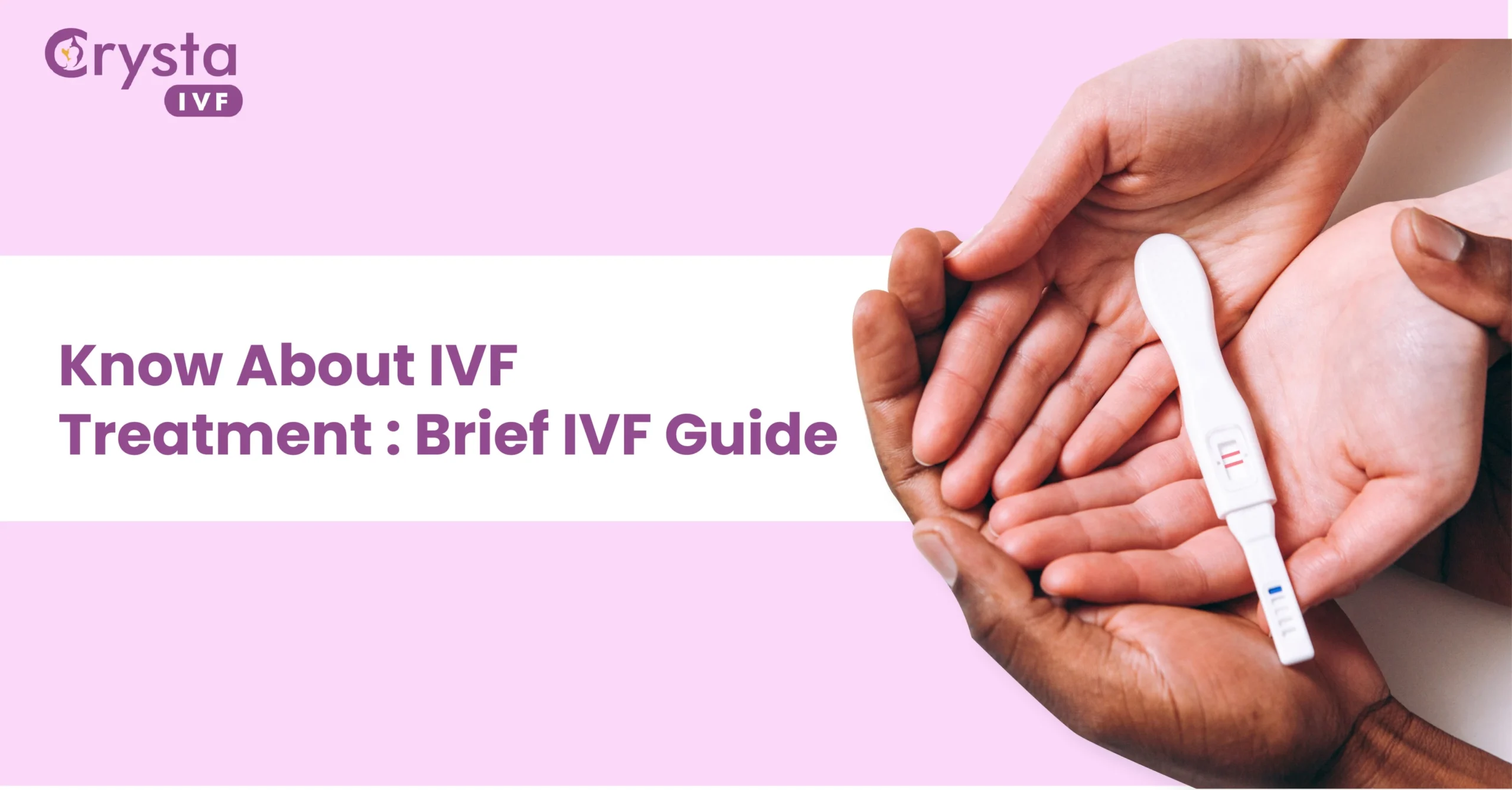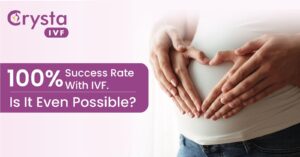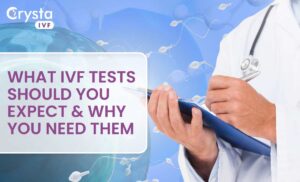What exactly is IVF?
In Vitro Fertilization or IVF is the best solution for childless couples to conceive. In this procedure, mature eggs are retrieved from the ovaries for fertilization by sperm in advanced IVF laboratories.
What is the correct time to consult a fertility doctor?
Women who are 35 or above and have been failing to get pregnant even after trying for 6 months or more should consult a fertility doctor to understand the root cause of their condition and get the right treatment suggestion.
Am I a candidate for IVF?
Candidature of IVF includes:
- Women with blocked fallopian tubes
- Endometriosis
- Women having decreased ovarian reserve
- Men having oligospermia
- Male or female partner having unexplained infertility
- Recurrent miscarriage
How successful is IVF?
In women younger than 35 years, the IVF success rates increase by 40% or more. Women over age 40 years or above have around 11% to 15% chances of success. IVF success rates depend on several factors that include:
- Egg, sperm and embryo quality
- Reproductive age
- Cause of infertility
- Duration of infertility
- Primary or secondary infertility
How long does IVF take?
IVF procedure or pregnancy doesn’t happen overnight. It is a process of several months and involves certain steps like:
- Initial consultation
- Ovarian stimulation
- Egg & sperm retrieval
- Fertilization
- Embryo transfer
One IVF cycle requires around two to three weeks and depending upon the patient’s condition, more than one IVF cycle is required.
Are there any restrictions while undergoing IVF?
- Avoid and if possible quit smoking and drinking
- Limit medications and consume medicines as prescribed by your doctor
- Avoid excess doses of caffeine
- Avoid cardio-exercises
What happens if I become pregnant?
Pregnancy after IVF is handled by a regular gynecologist or an obstetrician. Your fertility doctor may recommend one or two ultrasounds before referring you to a gynecologist. Pregnancy after IVF works like that of a natural pregnancy. Prenatal care however becomes very important to avoid the chances of miscarriages, premature labor, congenital defects etc.
Can I try IVF again if I am not pregnant?
One should wait for at least 4 to 6 weeks after an IVF or any other fertility treatment failure to allow inflammation to settle down.
Related Blog: What Should Be the Gap Between 2 Consequent IVF Cycles?
Can IVF increase chances of having twins or triplets?
Multiple births or pregnancies are common in IVF because multiple embryos are implanted into the uterus to improve the chances of conception. However, most of the IVF centres are advancing their treatments and procedures to lessen the risk or likelihood of multiple pregnancies.
Are there any side effects associated with IVF?
IVF itself doesn’t possess many risks. However, a patient undergoing IVF treatment may feel discomfort because of the fertility boosting medications used during the procedure. Some of the prominent side effects of IVF Treatment are:
- Multiple births
- Nausea
- Discomfort
- Vomiting
- Fatigue
- Abdominal pain




